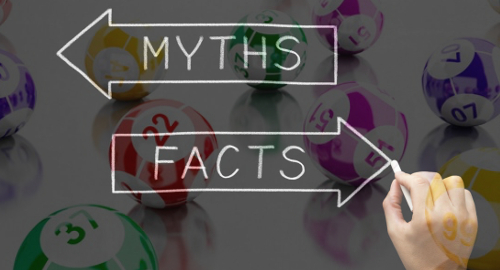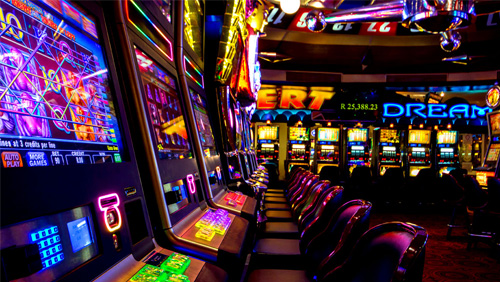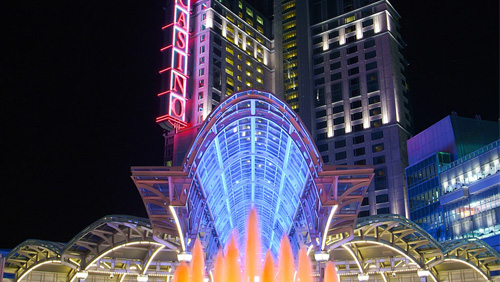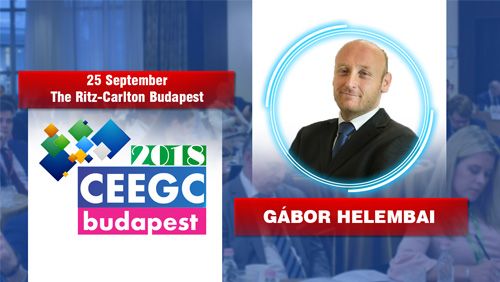Pavlos Sideris is the founder of NoWagering, If you would like to submit a contribution please contact Bill Beatty for submission details. Thank you.
Changing circumstances can alter personal opinion, just like a shift in culture can also steer social relations, and what follows is coloured by both. England have not so much crashed out of World Cup 2018 as done themselves proud by reaching the semi-finals, but winning and losing in sport are divided as neatly and starkly as winning or losing a bet. The element of chance is part of the appeal of sport, gambling and betting on sport, and a surge in optimism in the fate of our national team has led to a comparable surge in the level of betting on the tournament.
Bloomberg report that the British are set to wager an estimated £2.5 billion on the outcome of Russia 2018, a colossal sum of money that is itself a giant increase of 50% above what was parted with at the previous tournament. How much of this leap is down to England resembling an actual football team that might be competitive again, or whether we can point to the pervasiveness of gambling advertising as being responsible as Bloomberg do, is a cagey question. But when the UK’s online gambling market earns gross revenues of $5.7 billion, making it the overwhelmingly largest in all of Europe, fuelled in part by the power of advertising and marketing and the permissive gambling regulation in the UK, we are given pause for thought.
Let’s make one thing clear though. The England football team has changed, and for the better. Whether that change persists and transforms into success, only time will tell. But change has this in common, whether it be tiny or overwhelming – it all starts somewhere, no matter how long the process, and has a point of origin that might be obvious or covert. The UK’s Gambling Commission (GC) are looking to be the clear instigator of a profound level of change in their own industry, seeking as they do nothing less than a transformation in the culture of relations between operators and users. That aim is contained in the thrust of Raising standards for consumers: Enforcement report 2017-2018, a document which puts certain operators on notice about some of their more dubious conduct.








